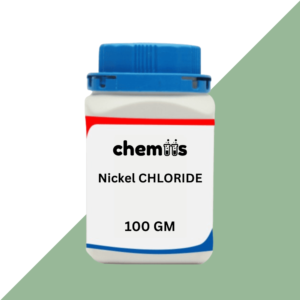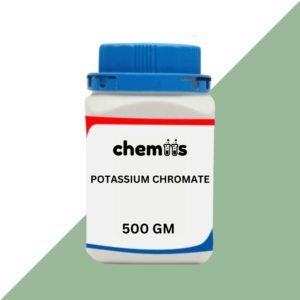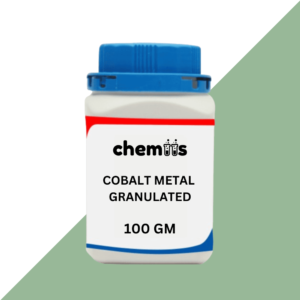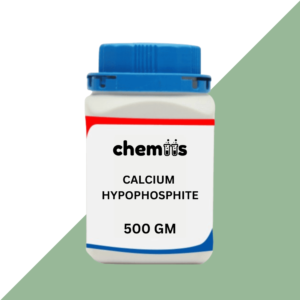Nickel Sulphate (NiSO4) is a crystalline, water-soluble inorganic compound widely used in industrial processes. Typically available in hexahydrate or anhydrous forms, it appears as green or blue crystals. Nickel Sulphate is indispensable in electroplating, battery manufacturing, and as a precursor for nickel-based catalysts and chemicals.
Applications
1. Electroplating
Nickel Sulphate is a primary component in nickel electroplating baths, widely used to deposit nickel coatings on metals. These coatings enhance corrosion resistance, wear resistance, and aesthetic appeal in automotive parts, electronics, and decorative items.
2. Battery Manufacturing
Nickel Sulphate is essential in the production of cathode materials for rechargeable batteries, including nickel-cadmium (NiCd), nickel-metal hydride (NiMH), and lithium-ion batteries. Its role in energy storage is vital for industries such as electric vehicles and portable electronics.
3. Catalyst Precursor
It serves as a precursor for nickel-based catalysts used in various industrial processes, including hydrogenation, petrochemical refining, and ammonia synthesis.
4. Chemical Synthesis
Nickel Sulphate is used in the manufacture of other nickel compounds, such as nickel hydroxide and nickel carbonate, which are utilized in ceramics, pigments, and specialized industrial applications.
5. Textile Industry
In textiles, it acts as a mordant in dyeing processes, improving color fixation and durability.
6. Surface Treatment
It is utilized in surface treatments for metals and alloys, enhancing their resistance to corrosion and mechanical stress.
Safety and Handling
Precautions
- Personal Protective Equipment (PPE):
- Wear safety goggles, gloves, and a respirator to prevent exposure to dust, fumes, or splashes.
- Use protective clothing to minimize skin contact.
- Ventilation: Ensure good ventilation or use a fume hood to prevent inhalation of fine particles or vapors.
- Storage: Store Nickel Sulphate in a cool, dry place in tightly sealed containers, away from incompatible materials such as strong acids and oxidizing agents.
First Aid Measures
- Inhalation: Move the affected person to fresh air. Seek medical attention if symptoms persist.
- Skin Contact: Wash thoroughly with soap and water. Remove and wash contaminated clothing.
- Eye Contact: Flush eyes with water for at least 15 minutes. Consult a healthcare provider if irritation continues.
- Ingestion: Rinse the mouth and do not induce vomiting. Seek immediate medical assistance.
Environmental Precautions
Nickel Sulphate is toxic to aquatic life. Prevent spills and avoid releasing it into water bodies or soil.
Disposal
Dispose of Nickel Sulphate in accordance with local environmental and hazardous waste regulations. Use designated disposal facilities.







Saumya Balan (verified owner) –
Great experience overall.
Divya Raut (verified owner) –
Arrived earlier than expected.
Neha Kaur (verified owner) –
Secure payment options.
Nilesh Jadhav (verified owner) –
Fast response to queries.
Priya Sharma (verified owner) –
Easy to find what I wanted.
Simran Gill (verified owner) –
Smooth ordering process.
Bhavana Rao (verified owner) –
Found what I was looking for.
Manish Chauhan (verified owner) –
Items exactly as ordered.
Sheetal Mehrotra (verified owner) –
Fast and accurate delivery.
Deeksha Iyer (verified owner) –
Bulk order handled perfectly.